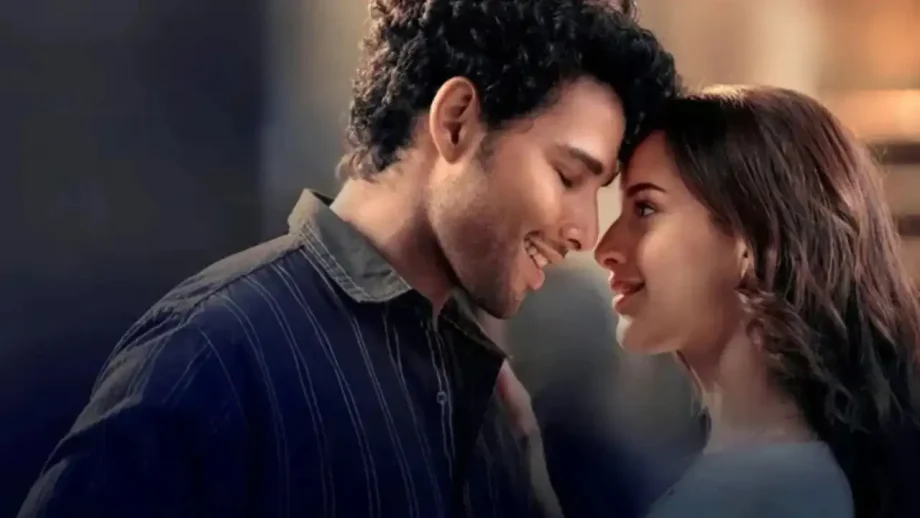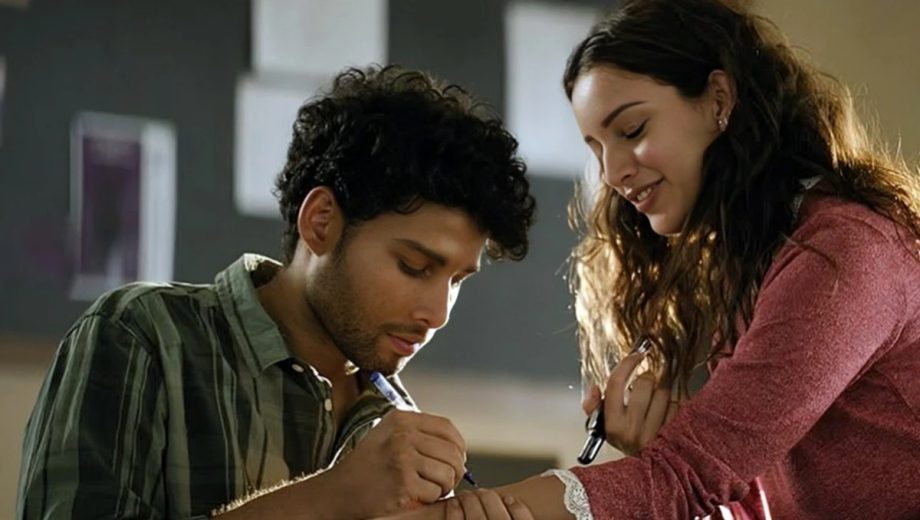
There’s no warning when it starts. A death, then a drumbeat, a glance, a dog’s death, and a story slowly tightening like a fist. Dhadak 2 doesn’t walk to own the badge of social cinema. It slips in like a silent, unwelcoming roar.
What’s staggering is not just what the film shows, but what it doesn’t apologise for. It doesn’t cushion you. It doesn’t wait for you to catch up. Shazia Iqbal directs like she’s telling you a secret you should have known all along.
Neelesh isn’t introduced with drama. He’s playing music at someone else’s wedding, folding dreams into noise, until a girl, Vidhi, asks for his number. Not for love. For a gig. Five minutes in, you’re not watching a romance bloom. You’re watching the weight of caste settle into every corner of a life. You don’t even realise when it starts choking you, too.

And yet, there is a kind of love. Not the filmy kind, not even the slow-burn kind. Something quieter, stranger. Love here is an interruption, not in the narrative, but in the order of things. A boy from Bhim Nagar and a girl from a lawyer’s home are not supposed to fall into sync. But they do in glances.
The film keeps returning to Bougainvillaea. Not to romanticise, but to remind. It’s not a metaphor that tries too hard. A flower that doesn’t need tending grows wild, despite where it lands. Ugly to some, resilient to others. That’s what love is here: uninvited, a little thorny, and refusing to die quietly.

Siddhant Chaturvedi shines in and out. The grief, the rage, the small, everyday humiliations, he carries them like muscle memory. Nothing feels performed. He’s not trying to win sympathy. He just shows up, scene after scene, with that aching steadiness. Some actors break down on screen. Siddhant here holds it in until the holding becomes agonising.
Triptii Dimri plays Vidhi as someone who’s always lived with the lights on, privileged, educated, and still, in some sense, kept in the dark. Her awakening is clumsy and honest. When the time comes for her to speak, she falters, and maybe that’s the point. Some silences are not cowardice. They’re conditioning. The camera doesn’t judge her. It watches her stumble.
What the film also does, deliberately and sharply, is refuse to flatten caste into a binary. It doesn’t stop with Neelesh. It also peers into the Brahmin household. It shows how supremacy poisons everything, how even those at the “top” suffer in other ways, bound by fear, honour, silence. There’s a cousin who kills in the name of purity, but there’s also a father who stays quiet too long until the silence rots him from the inside.
Saurabh Sachdeva is terrifying without raising his voice. Vipin Sharma as Neelesh’s father brings in warmth so honest it hurts. Saad Bilgrami shifts from hatred to guilt without melodrama. Priyank Tiwari doesn’t get many lines, but he leaves behind something heavier than dialogue. It’s a cast that understands restraint. No one’s reaching for applause.
Dhadak 2 hums with discomfort. It wants to show what happens when a system is built so efficiently that even love becomes impossible. It asks hard questions without promising answers.
Dhadak 2, directed by Shazia Iqbal and written by Rahul Badwelkar and Shazia Iqbal, produced by Karan Johar, Umesh Kumar Bansal, Adar Poonawalla, Apoorva Mehta, Meenu Aroraa, Somen Mishra, and Pragati Deshmukh, and based on Mari Selvaraj’s Pariyerum Perumal (2018), doesn’t wrap up cleanly. It doesn’t try to heal what it reveals. It simply places those truths in front of you, raw and unfiltered. What you do with it is entirely up to you.
IWMBuzz rates 3.5/5 stars.
